The final frontier? Just a slice of Spanish sausage
Thursday, 04 August 2022 10:37
A red ball of spicy fire with luminous patches glowing menacingly against a black background.
This, prominent French scientist Etienne Klein declared, was the latest astonishing picture taken by the James Webb Space Telescope of Proxima Centauri, the closest star to our Sun.
Fellow Twitter users marveled at the details on the picture purportedly taken by the telescope, which has thrilled the world with images of distant galaxies going back to the birth of the universe.
"This level of detail... A new world is revealed every day," he gushed.
But in fact, as Klein later revealed, the picture was not of the intriguing star just over four light-years from the Sun but a far more modest slice of the lip-sizzling Spanish sausage chorizo.
Photo de Proxima du Centaure, l'étoile la plus proche du Soleil, située à 4,2 année-lumière de nous.
Elle a été prise par le JWST.
Ce niveau de détails… Un nouveau monde se dévoile jour après jour.
ULA launches the last SBIRS U.S. Space Force missile warning satellite
Thursday, 04 August 2022 09:49
A United Launch Alliance Atlas 5 rocket carrying a U.S. Space Force missile-warning satellite lifted off Aug. 4 at 6:29 a.m. Eastern from Space Launch Complex-41 at Cape Canaveral Space Force Station, Florida.
ESA testing sensor network for smart city navigation
Thursday, 04 August 2022 07:27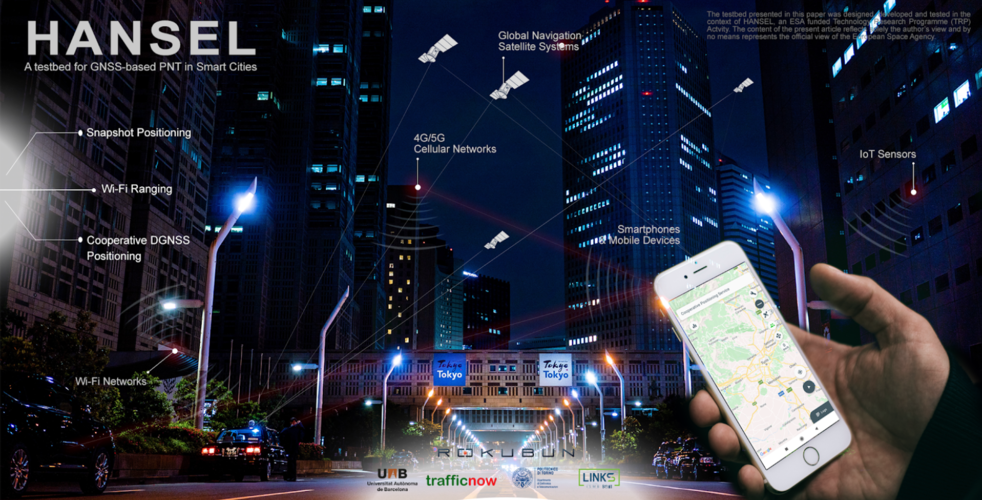
New infrastructure added to ESA’s ESTEC technical centre in the Netherlands is helping to test how tomorrow’s smart cities will operate in practice. The HANSEL system is hosted in ESTEC’s Navigation Laboratory and allows linking to sensors across the site, providing insight into the collective networking and computing needed to get a variety of ‘intelligent elements’ to mesh seamlessly together – what the brain of a future smart city might look like.
Rocket Lab launches classified mission for National Reconnaissance Office
Thursday, 04 August 2022 06:22
A Rocket Lab Electron rocket launched a National Reconnaissance Office mission Aug. 4 at 1:00 a.m. Eastern. The NROL-199 mission lifted off from the company’s Launch Complex-1 at Mahia Peninsula, New Zealand.
First SLS launch remains on schedule for late August
Wednesday, 03 August 2022 21:28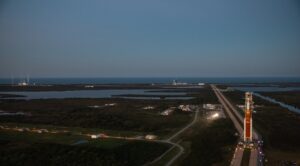
Preparations for the first flight of the Space Launch System remain on track for a liftoff as soon as Aug. 29, NASA officials said Aug. 3.
The post First SLS launch remains on schedule for late August appeared first on SpaceNews.
As reflective satellites fill the skies, students are making sure astronomers can adapt
Wednesday, 03 August 2022 19:57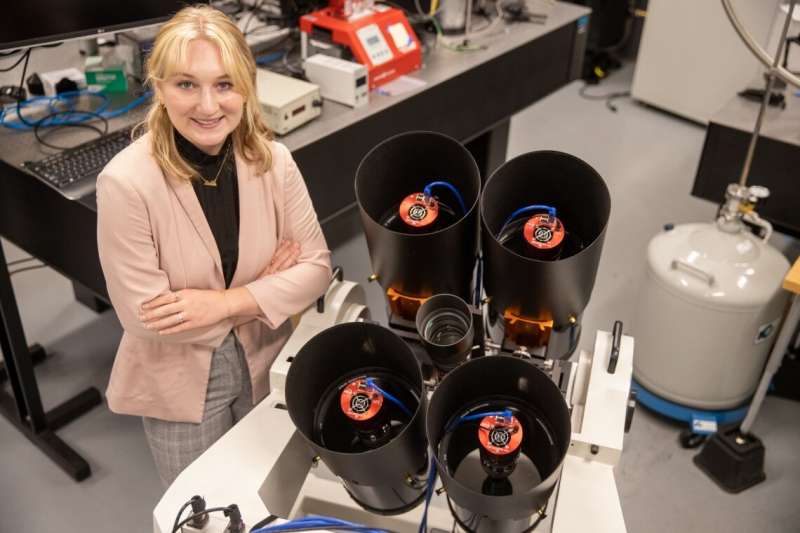
As satellites crawl across the sky, they reflect light from the sun back down to Earth, especially during the first few hours after sunset and the first few hours before sunrise. As more companies launch networks of satellites into low-Earth orbit, a clear view of the night sky is becoming rarer. Astronomers, in particular, are trying to find ways to adapt.
NASA's PUNCH mission announces rideshare with SPHEREx and new launch date
Wednesday, 03 August 2022 19:18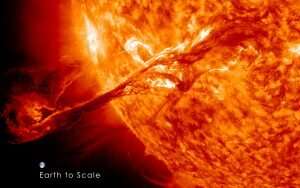
NASA's Polarimeter to Unify the Corona and Heliosphere (PUNCH) mission will share a ride to space with NASA's Jet Propulsion Laboratory's Spectro-Photometer for the History of the Universe, Epoch of Re-ionization, and Ices Explorer (SPHEREx) mission. The missions will launch no earlier than April 2025 on a SpaceX Falcon 9.
Team troubleshoots asteroid-bound Lucy spacecraft across millions of miles
Wednesday, 03 August 2022 19:14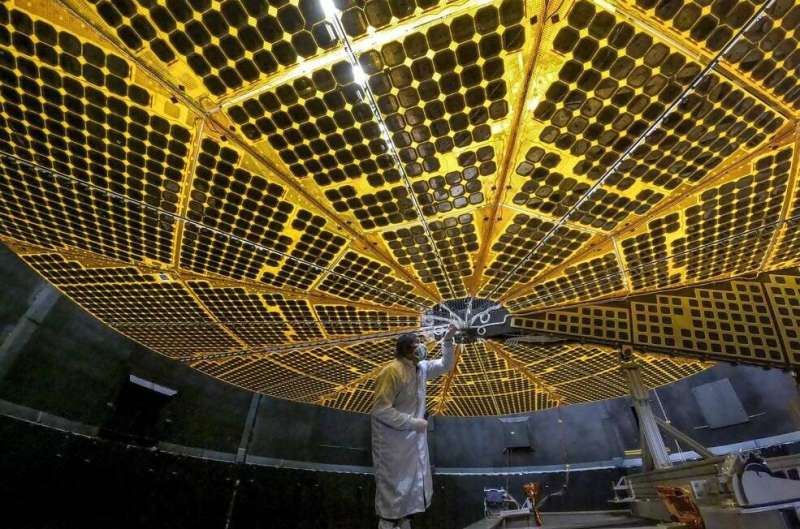
Following the successful launch of NASA's Lucy spacecraft on Oct. 16, 2021, a group of engineers huddled around a long conference table in Titusville, Florida. Lucy was mere hours into its 12-year flight, but an unexpected challenge had surfaced for the first-ever Trojan asteroids mission.
Data indicated that one of Lucy's solar arrays powering the spacecraft's systems—designed to unfurl like a hand fan—hadn't fully opened and latched, and the team was figuring out what to do next.
Teams from NASA and Lucy mission partners quickly came together to troubleshoot. On the phone were team members at Lockheed Martin's Mission Support Area outside of Denver, who were in direct contact with the spacecraft.
Lockheed invests in Xona’s GPS-alternative constellation
Wednesday, 03 August 2022 18:01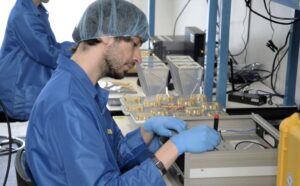
Startup Xona Space Systems has raised around $15 million for its proposed navigation constellation, including funds from GPS satellite maker Lockheed Martin’s venture capital arm.
The post Lockheed invests in Xona’s GPS-alternative constellation appeared first on SpaceNews.
Co-founder of Texas-based Dude Perfect is set to go to space
Wednesday, 03 August 2022 14:26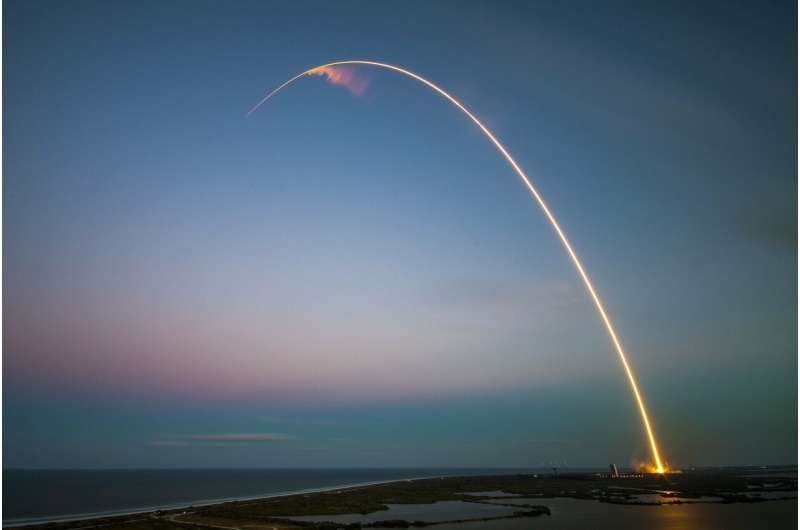
The third time really was the charm for Dude Perfect co-founder Coby Cotton.
Cotton and the four other founding members of the Frisco-based sports and entertainment company had their third model rocket competition at the start of July, and Cotton had lost the previous two. The only thing on the line during those competitions was a golden rocket trophy. This time, the prize was a trip to space.
Cotton's rocket soared 7,412 feet in the air, past all of the other competitors' rockets but nowhere near as high as he will be aboard the next Blue Origin rocket on his way to space. He will be a crew member on New Shepard's 22nd flight, which blasts off Thursday.
Cotton started the Dude Perfect YouTube channel with his twin brother and three of their college friends in 2009, after a video of them doing backyard basketball trick shots went viral. It has since grown to become the fourth-biggest sports channel on YouTube.
Amazon founder Jeff Bezos founded Blue Origin in 2000, with the mission of making it possible for millions of people to live and work in space.
ESA ends efforts to recover Sentinel-1B
Wednesday, 03 August 2022 14:05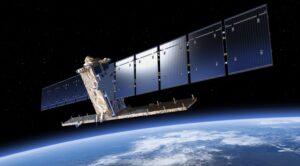
The European Space Agency is ending efforts to restore operations of the Sentinel-1B radar imaging satellite that malfunctioned more than half a year ago and will instead move up the launch of a replacement.
Space debris is coming down more frequently. What are the chances it could hit someone or damage property?
Wednesday, 03 August 2022 13:49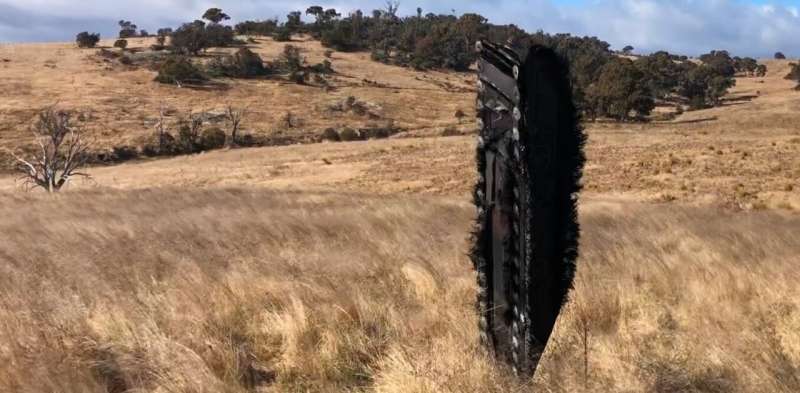
In the past week alone, we've seen two separate incidents of space debris hurtling back to Earth in unexpected places.
On Saturday there was the uncontrolled re-entry of a Chinese Long March 5B rocket over Malaysia. Yesterday outlets reported on some spacecraft parts that turned up in regional New South Wales—now confirmed to be from a SpaceX Crew-1 mission.
As the space industry grows, it's safe to say such incidents will only become more frequent—and they could pose a risk. But how much of a risk, exactly?
Chunks of metal hurtling towards us
Space debris refers to the leftover components of a space system that are no longer required. It might be a satellite that has reached the end of its life (such as the International Space Station), or parts of a rocket system that have fulfilled their purpose and are discarded.
To date, China has launched three Long March 5B rockets, and each has been deliberately left in an uncontrolled orbit.
Video: Does space trash ever naturally break down?
Wednesday, 03 August 2022 13:26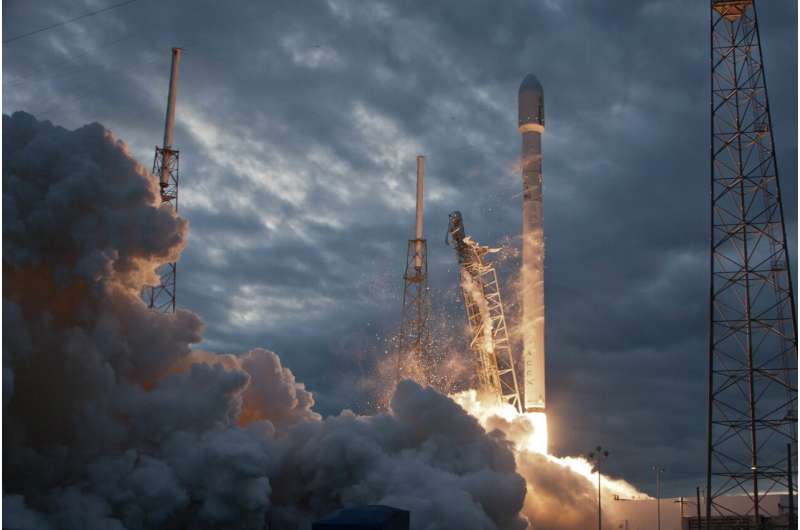
Remember when Elon Musk launched a car into space? That car's not just peacefully drifting through a vacuum—it's hurtling around the sun at 63,592 miles per hour, being bombarded by solar radiation. It might be in pieces, but these are not the same pieces it would be in if it were down here on Earth. That's because the environment in space breaks down materials differently.
But how long does it take to break down, and how is that car looking right about now?
Explore further
Slingshot acquires Numerica’s space-tracking business and UK space data firm Seradata
Wednesday, 03 August 2022 11:00
Slingshot Aerospace announced Aug. 3 it has acquired Numerica’s space-tracking business and UK space data firm Seradata
The post Slingshot acquires Numerica’s space-tracking business and UK space data firm Seradata appeared first on SpaceNews.
Remote surgery robot to be tested aboard ISS
Wednesday, 03 August 2022 10:47 A miniaturized robot invented by Nebraska Engineering Professor Shane Farritor may soon blast into space to test its skills. NASA recently awarded the University of Nebraska-Lincoln $100,000 through the Established Program to Stimulate Competitive Research (EPSCoR) at the University of Nebraska Omaha to ready the surgical robot for a 2024 test mission aboard the International Space Station.
A miniaturized robot invented by Nebraska Engineering Professor Shane Farritor may soon blast into space to test its skills. NASA recently awarded the University of Nebraska-Lincoln $100,000 through the Established Program to Stimulate Competitive Research (EPSCoR) at the University of Nebraska Omaha to ready the surgical robot for a 2024 test mission aboard the International Space Station. 
